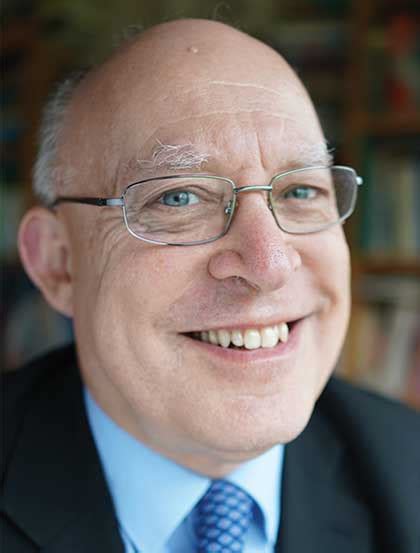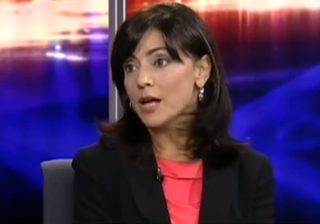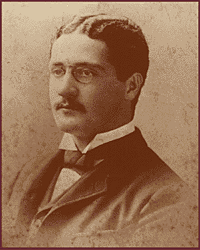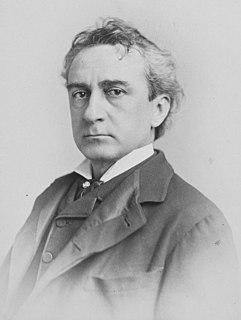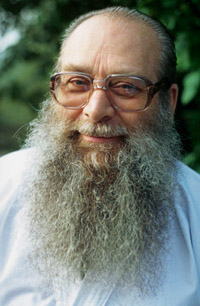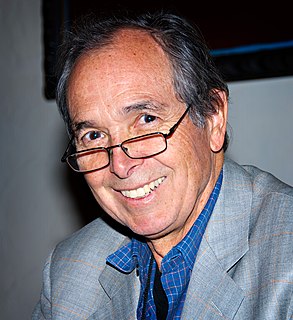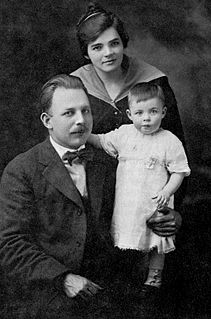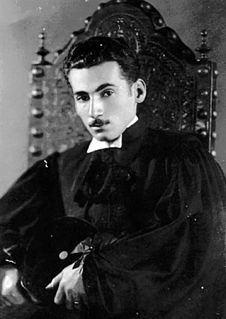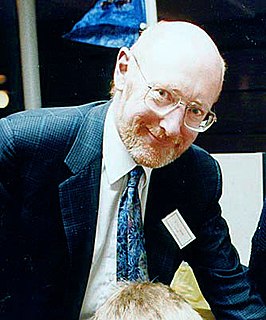Top 86 Translations Quotes & Sayings
Explore popular Translations quotes.
Last updated on April 14, 2025.
Refined, intense, wise, stiring, immediate, subtile, all the charmed qualities gather in Dropping the Bow. These translations are precious jewels. Like the erotic moods they investigate, these versions shimmer and startle with a palpable desire to be heard, and a mystical sense of impermanence. This is a transmission of a vital, extraordinary tradition.
I had the advantage, that I know Swedish. So I had the Swedish book and I had a lot of English translations, and German translations, and I did everything to make the best English translation of August Strindberg's Miss Julie I could. And then, there I went. "Oh! I think she's thinking this, but I think she should say it!" And so on. It's wonderful to do that.
Be on guard against any tampering with the Word, whether disguised as a search for truth, or a scholarly attempt at apparently hidden meanings; and beware of the confusion created by the senseless rash of new versions, translations, editions, and improvements upon the tried and tested Bible of our fathers and grandfathers.
Prophecy is rash, but it may be that the publication of D.T. Suzuki's first Essays in Zen Buddhism in 1927 will seem to future generations as great an intellectual event as William of Moerbeke's Latin translations of Aristotle in the thirteenth century or Marsiglio Ficino's of Plato in the fifteenth.



